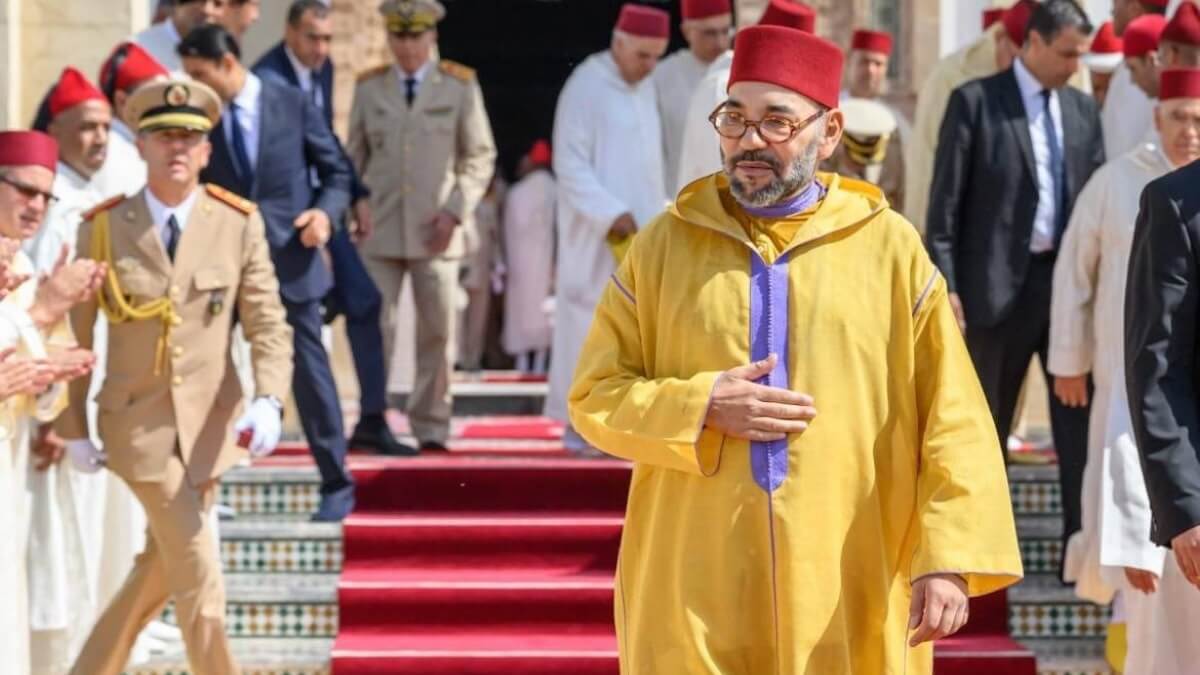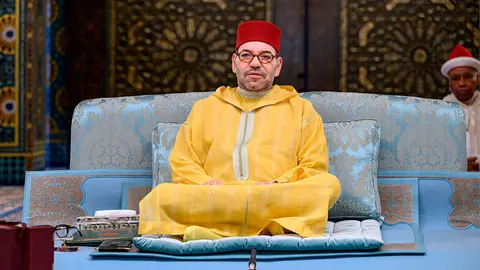Moroccan government unveils amendments to draft reform of the Family Code
The Moroccan Ministers of Justice and Islamic Affairs have publicly unveiled the amendments presented by the body in charge of revising the Family Code

In the midst of the process of revising Morocco's Family Code, two decades after its entry into force, promoted by King Mohammed VI, the amendments presented by the committee in charge of its revision have just been made public.
The aim of this revision is to modernise and adapt to modern times a Code that has been in operation for 20 years, so that it provides equality and balance within the Moroccan family; preserves its identity; and consolidates the principles of justice, equity, solidarity and harmony.
These amendments to the Family Code were presented to the public by Abdellatif Wehbe, Minister of Justice, and Ahmed Al-Tawfiq, Minister of Endowments and Islamic Affairs, at a meeting with the media on 24 December.
Inheritance and finance
One of the most hotly debated issues is that of inheritance and wills in various special cases. Thus, the Minister of Islamic Affairs indicated that the Committee to amend the Code ‘provided legal alternatives to three issues’, which are related to the lineage of a child out of wedlock; the will to the heir in case the rest of the heirs do not approve; and the abolition of the agnatic status (which gives preference to inheritance to the father's brothers rather than his sons) in case there are daughters but no sons left in the family.
The alternatives to these three issues are that the father is financially responsible for the son, without the need to prove paternity; the substitution of the will with an endowment if the heirs object; and the granting of an endowment to daughters in the absence of sons.
Minister Al-Tawfiq also noted that the committee presented Sharia-based alternatives to two other issues, also relating to inheritance. The first relates to inheritance between spouses of different religions and states that each spouse can recommend voluntary gifts to the other. And the second concerns inheritance between sponsor and sponsored, where each of them can make a will or donation of their own free will.
Another debated issue is financial. The committee discussing the reform of the Family Code has recommended the creation of a new framework for the management of money acquired during the marital relationship, valuing the wife's work within the household and considering it as a contribution to the development of the wealth acquired during the marital relationship.
It also establishes the husband's or wife's right to keep the marital home in the event of the death of the other spouse.

Procedure
It should be recalled that on 23 December last, King Mohammed VI chaired a meeting at the Royal Palace in Casablanca, at which, as Atalayar reported, the Family Code was revised, the responses of the Supreme Scientific Council to consultations on religious texts were analysed, and arbitrations on questions on which there was more than one opinion were settled.
The government is now taking steps to implement this important reform of the Family Code. To this end, it has already started to provide qualified and sufficient human resources, including judges and executive staff, to deal with family cases that arise, ensuring continuous training and a review of procedures.
A practical and reference guide to the Code will also be developed, and a ‘one-stop shop’ will be set up at family court level to resolve disputes.
In addition, the training of couples entering into marriage will be improved through courses that will introduce them to the rights and duties resulting from marriage.










